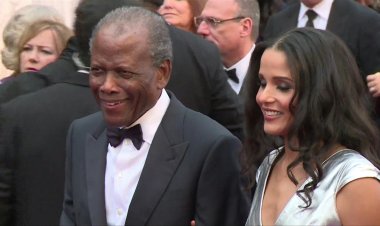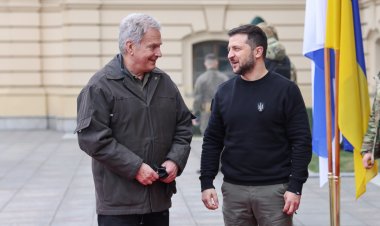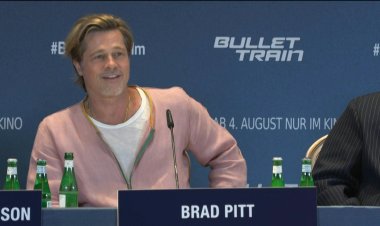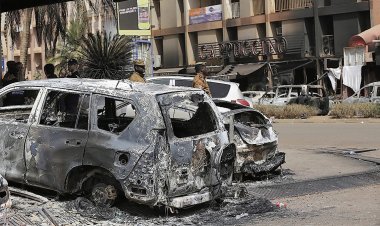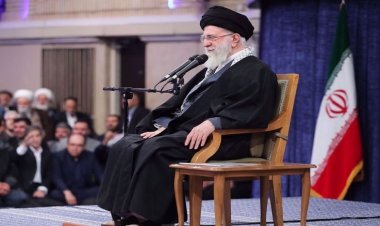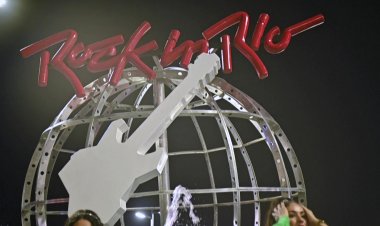Argentina's Deregulation Debate
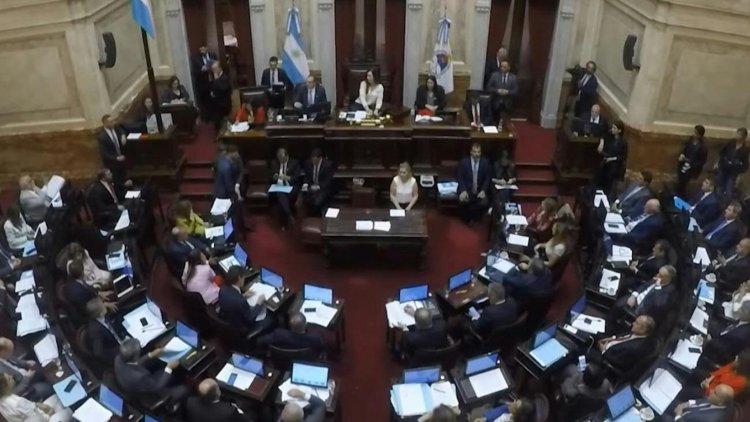
Javier Milei's ultraliberal project is put to the test in Congress, when senators address a mega decree that modifies or repeals hundreds of regulations and laws and is part of the president's plan to deregulate and destatize the Argentine economic system as much as possible.
The Upper House, where Milei's small party is barely the third force - as in the Chamber of Deputies - began to debate the "Decree of Necessity and Urgency" (DNU), a second stage of the president's program that will be He defines himself as an anarcho-capitalist and has only been in power for three months.
This debate occurs after the failure in February of its other major reform program, the so-called "Omnibus Law", a broad initiative that foundered in Deputies in February and will return to debate after undergoing cuts and modifications.
For it to be annulled, DNU 70/2023 would have to be rejected by both the Senate and the deputies, who have not yet addressed it. If it happens, it would be the first time that a DNU is rejected in Congress.
Among the dozens of laws repealed by the DNU is the regulation of the rental market, which prevented the negotiation of contracts in foreign currency, as well as regulations that limited the increases that private medicine companies could impose on their clients.
His treatment "will serve to show who are in favor of change in Argentina and who are against," Milei said.
The decree, which faces dozens of judicial protections that question its constitutionality, also contemplates a labor reform that was suspended by the justice system in January pending treatment by the Supreme Court.
Since its entry into force, the initiative garnered repudiation from social sectors affected by its deregulations, in a context of 276% year-on-year inflation and with more than half of the population - almost 46 million - below the poverty line.





